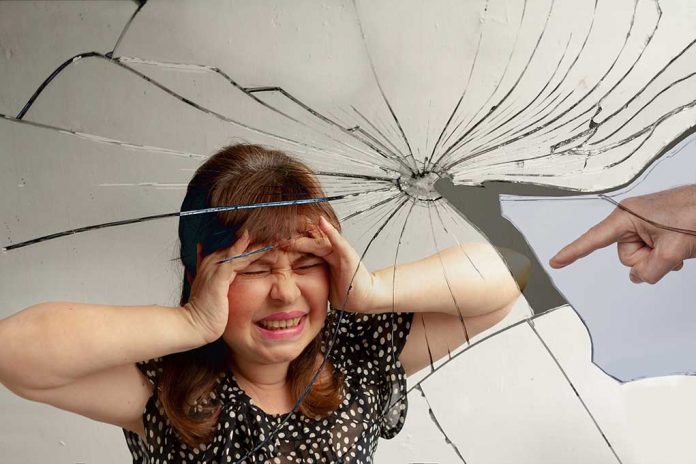
(HealthyAccess)- The term “gaslighting” has risen in popularity recently, but it’s anything but new. It’s based on a 1940 suspense film called Gaslight where a man systematically attempts to convince his wife that she’s losing her mind.
Before we dismiss this as a Hollywood storyline that wouldn’t work in real life, we might want to take into account the fact that gaslighting happens all the time. And often, victims don’t realize it’s happening to them.
How do we know if we’ve been a victim of gaslighting?
We feel like we overreact.
People who gaslight others invalidate their feelings repeatedly. Invalidating our feelings is a gaslighting power move that leaves us feeling like we have overreacted when our reactions are probably normal for the situation. When we’re constantly told that we’re being dramatic or making a big deal over nothing, we begin to doubt our own perceptions.
“You’re too sensitive.” Sound familiar? By deflecting the attention to our reaction rather than their behavior, gaslighters leave their victims unbalanced and questioning themselves. It helps the gaslighter successfully evade being confronted, and it also lays the groundwork for future reactions to be labeled as overreactions.
We feel the need to apologize all the time.
Gaslighters are experts at flipping the conversation back to us to avoid offering an apology or admitting they were wrong. If confronted about a problematic behavior, they’ll simply explain how it’s actually all our fault. They’re so convincing, we often believe their version of events.
Victims of gaslighting begin to feel the need to apologize all the time–assuming that they’re the ones in the wrong any time there is discord in the relationship. Because they constantly feel off-balance, apologizing feels like a way to keep the peace.
We don’t trust our own perception of events.
Gaslighting makes us doubt ourselves. When someone is constantly telling us that we’re wrong about how we feel and that we take everything the wrong way, we start to wonder if we can trust our own judgment.
Being gaslit even makes us doubt the relationship history. We begin to trust someone else’s version of events even if we know, deep down, that’s not how it happened.
While we often think about gaslighting in terms of romantic relationships, this particular technique is often used in families surrounding childhood trauma. When our lived experience is called into question and invalidated, we learn not to trust ourselves.
We feel isolated from our support system.
If we’ve ever partnered with someone who doesn’t like our friends and family and makes it difficult for us to spend time with them, we’ve probably experienced this sign of gaslighting. People who are trying to convince us to believe their version of reality don’t want witnesses around to dispute their account of our lives.
They begin to demand more of our time, make excuses for why we can’t see friends or family, and cut us off from the people who would be most likely to see what’s going on. In this way, they avoid accountability, and we continue to believe that we’re wrong for how we feel.
These five signs are key to identifying gaslighting, which is a form of mental and emotional abuse. We’re not crazy, and if someone is trying to make us feel that we are, it may be time to reevaluate that relationship.
~Here’s to a Happier, Healthier Life!
Copyright 2021, HealthyAccess.com













